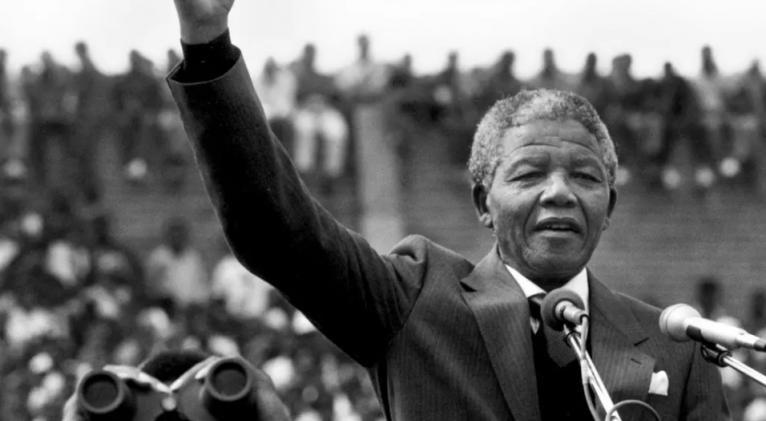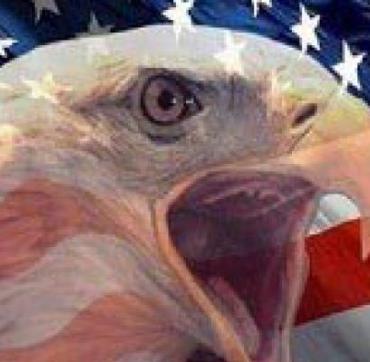Madiba, the man who forever changed South Africa’s history
especiales

Every July 18th, we celebrated the birthday anniversary of one of the men who contributed the most to the freedom and peace of South Africa and the world in general: Nelson Mandela. Renowned by his intense work, but also by serving long prison time due to his ideas, his goal of unifying a nation and ending the Apartheid.
He was a lawyer, politician, social activist, and first black president of South Africa from 1994 to 1999.Among his many accomplishment, we should highlight that he promoted the national reconciliation of his nation, as well as giving voice to the victims of the crimes committed during the former fascist regime.
Let’s take a look to the context
Racism has been one of the biggest drags of mankind so far. Colonialism has had some peak moments in modern world. One of them is Apartheid, that system of racial segregation put in place South Africa during the 20th century, exactly from 1948 to the early years of 1990s. It was characterized by the discrimination against colored people who were deprived of their rights and freedom.
That set of laws was established to privileged the white community —which was a minority— regarding political, economic, and social aspects. Basically, black people could not be involved in elections. They must live in isolated areas, had low wages and limited access to education. They could not use the same facilities, outdoor spaces, or public transportation that white people used. Not to mention it was forbidden the love relationship with white people.
In that unequal panorama, with profound European legacy, South Africa had to succeed on its own, with almost no international backing. Meanwhile, international agencies lobbied to isolate the African nation due to the social situation that prevailed there, which was actually a real ordeal.
In this context, Madiba —as he is known in his native country— stood out as an anti-apartheid leader. He was the most representative figure, and for his determination, courage, as well as for contributing to peace and understanding, he was later presented with the Peace Nobel award.
However, for his active involvement in ending the regime, he was tried and sentenced to life imprisonment. He remained in prison under very difficult conditions for 27 years, 18 of which were in solitary confinement; and after many negotiations, Mandela was released.
He subsequently became the first democratically elected black president in South Africa, ending nearly three and a half centuries of white and racist domination. It was a government of hope that focused on the pacifist environment to pave the way for the unity of the nation.
Tribute
Since 2009, the United Nations General Assembly decreed the Nelson Mandela International Day. The main objective is to prove that we can all contribute, from our small range of action, to positive change. Few actions are enough to help the other or promote peace to make, together, a better world.
Generally, around this date, activities are organized to celebrate his legacy so his contribution could not fall into oblivion. Events that address, above all, subjects such as freedom, peace, tolerance, and human rights, even for inmates, are held.
Due to its historical journey, today, July 18th, we celebrate the 105th anniversary of the birth of one of the most outstanding men of the 20th century, Nelson Mandela, who devoted almost his entire life to building a more equitable, inclusive society, with space for everyone regardless of their background, origin, skin color, or social scale.
Today, Mandela is a universal symbol of emancipation and dignity, a human myth of resilience. He was an example of resistance as a defender of just causes first, as an activist and prisoner of conscience, as well as for always caring for the vulnerable, the poor, the discriminated-against, because he believed everyone was important in the community.
On the international arena, he transcended for his noble feelings, his modesty, the strength of his ideas, respect for others, his vocation for public service, and his revolutionary thought against all forms of violence and coercion, such as that imposed by Europe in South Africa for centuries.
It is a date to reflect and follow Mandela's ideas: mobilize, bring about change to “build —according to Ban Ki-moon, former Secretary General of the United Nations— a peaceful, sustainable and equitable world. This is the best tribute we can pay to an extraordinary man who embodies the highest values of humanity."
Cuba was one of the first countries Mandela visited when he regained his freedom. He and the historical leader of the Revolution, Fidel Castro, maintained close friendship ties sprung up from mutual admiration, common ideals and history, and for the common projects that favored excellent bilateral relations.
Translated by Sergio A. Paneque Díaz / CubaSí Translation Staff














Add new comment